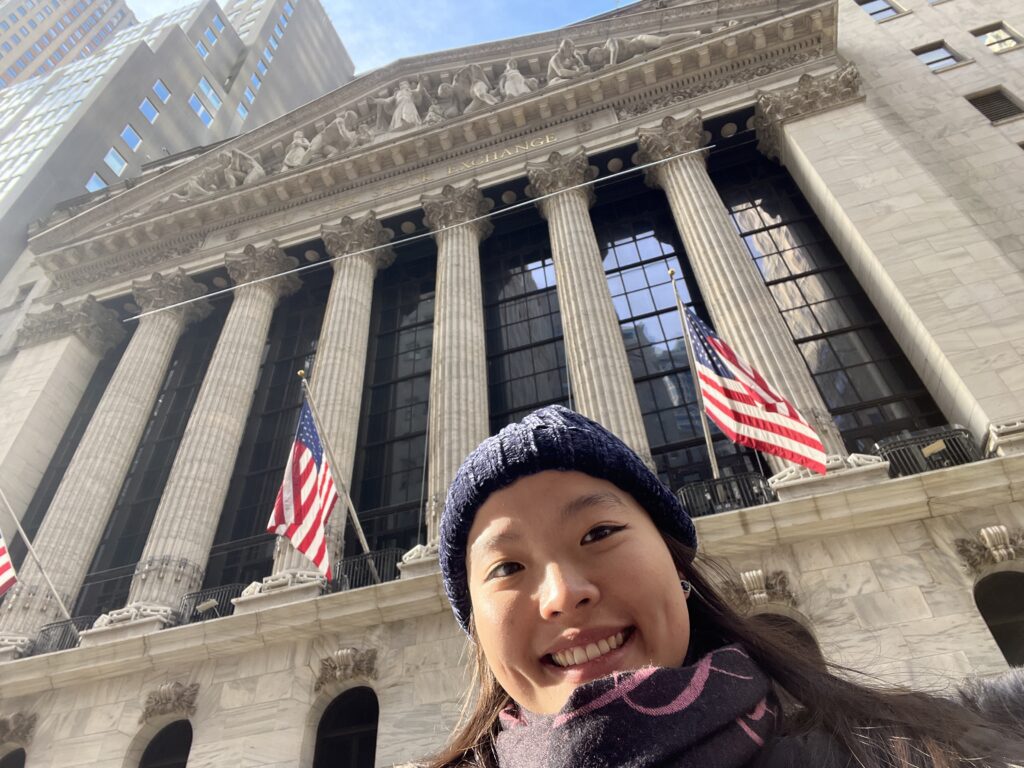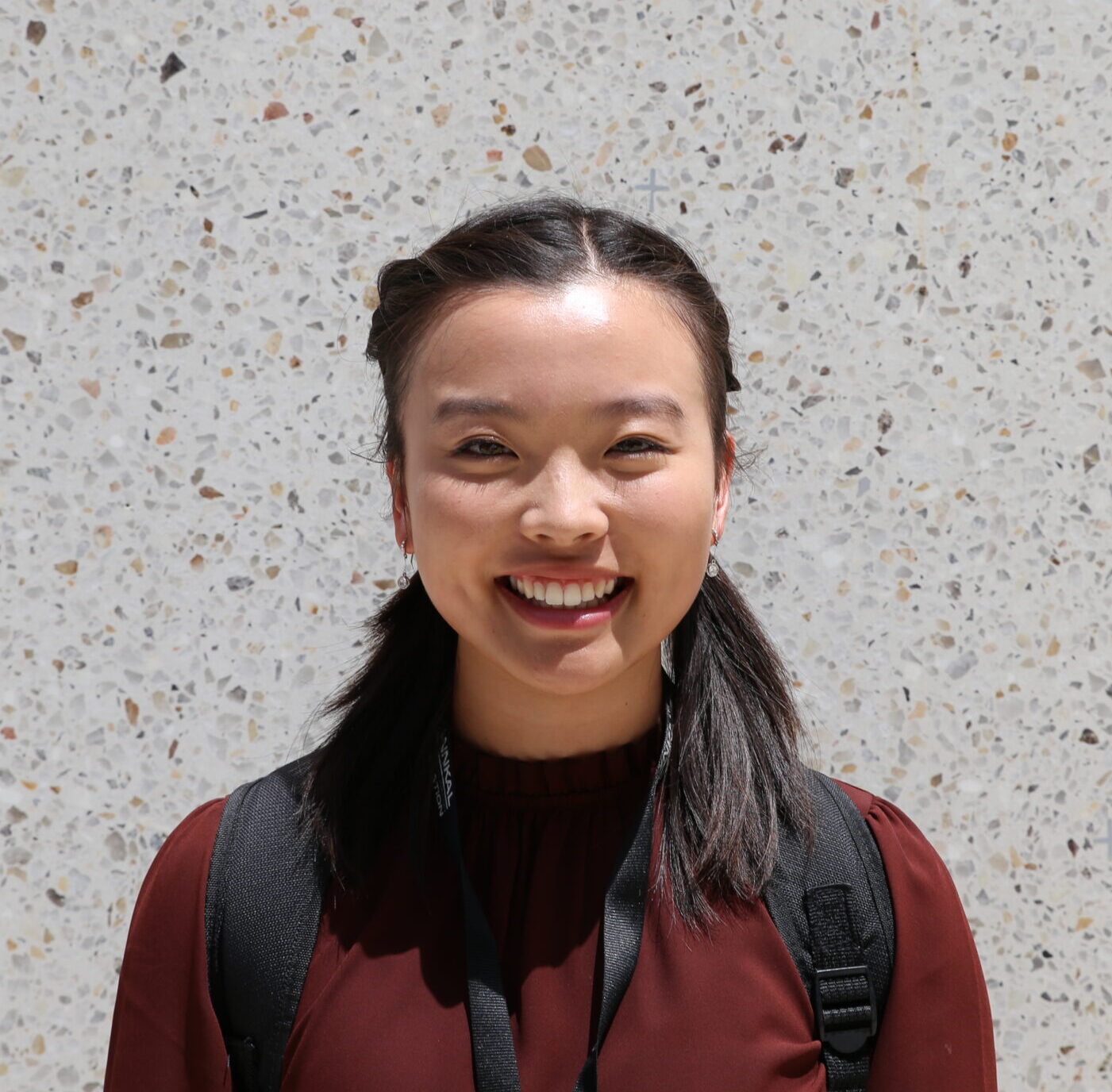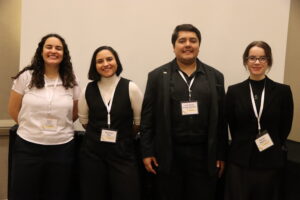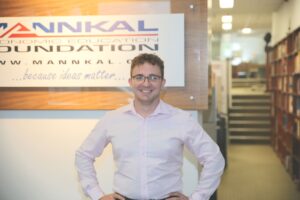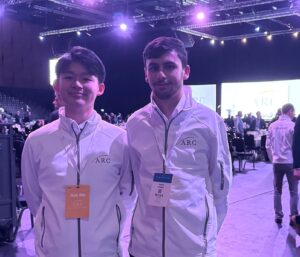It’s super exciting to say that my journey to the American Institute for Economic Research (AIER) marks my very first time travelling to the United States – what an incredible feeling it is to think that I am on the other side of the world! I am settling well into my new home and have had so many new and fantastic experiences, including seeing snow for the first time (and building a snowman), learning to play the piano, and driving on the right side of the road (still a bit scary!). Most importantly, the past few weeks interning at the AIER has brought me so much fulfillment and has extended and challenged me in ways that I have never felt before.
As part of my internship, I was given the task of developing a research paper on a topic of my choice. I chose to research about the limits of industrial policy and its role in China and Taiwan’s semiconductor industry. More specifically, I aim to investigate why China’s semiconductors cannot match the success of Taiwan despite both countries having great industrial planning efforts.
My current thesis ultimately returns to the argument of central planning versus free markets. I believe that China’s semiconductor industry lags behind Taiwan due to heavy government intervention inhibiting a firm’s ability to make profit-maximising decisions. This differs from Taiwan, where government support was also utilised, however firms were given wide leeway in deciding how to allocate funds to facilitate long-term growth. Ultimately, industrial policy seems only to be successful when government intervention is limited and serves the sole purpose of reducing start-up costs and barriers to entry, granting firms the utmost freedom in determining how to make use of its resources.
The second part of my internship involves participating in student workshops. Research Associate, Robertas Bakula, gave an insightful workshop on ‘Humanomics’, the study of economics with humans and their ethics left in. Humanomics spans the two worlds of Adam Smith in ‘The Theory of Moral Sentiments’ and ‘The Wealth of Nations’ – balancing between the social and personal world and the impersonal economic world. For Smith, there is no unresolved contradiction between people pursuing their own interests and choosing actions that are other-regarding, as our own interests include living harmoniously and ethically with others. However selfish we may be, our need for transcendent purpose, guidance, and love guides us in our decision-making.
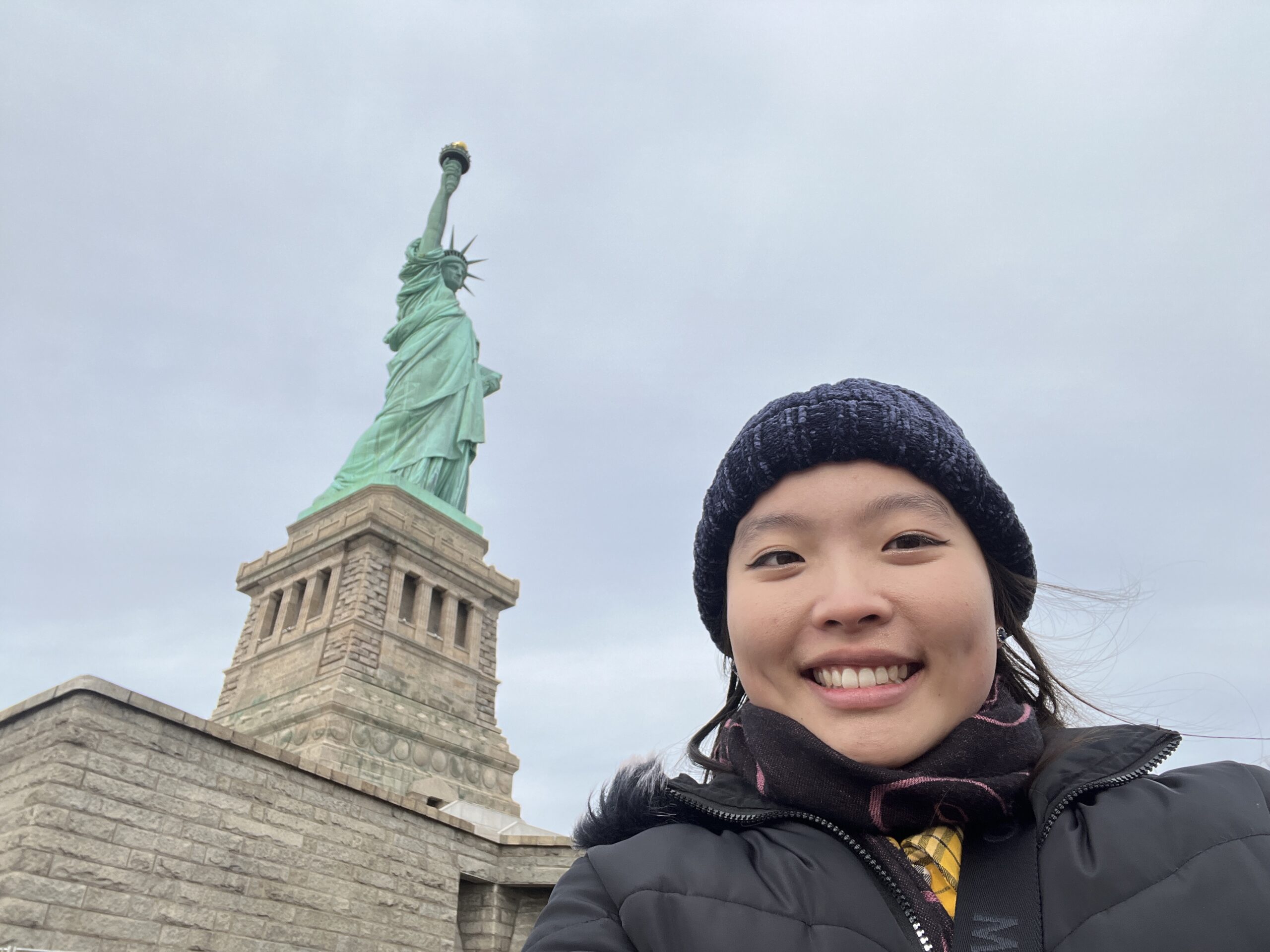
On Liberty Island.
By including this human aspect, economics becomes more than just being about utility maximisation or markets. It brings the focus back to people – without people, there would not be no markets, and there would be no such thing as economics. Often times, us humans act in ways that go against what basic economic theorems tell us! Late 20th century economists observed human behaviour in ultimatum and trust games and found that the utility maximisation model simply could not account for cooperation and compromise between people. My main takeaway from the workshop was understanding that the complexity of human beings and our freewill cannot be explained by a series of econometric equations or formulas. To do that would be to deprive ourselves of understanding the richness and depth of our human nature.
My time at the AIER so far has been an exciting and fulfilling experience. I have been exposed to so many new ideas and philosophies and am so grateful to have been given this opportunity to learn from the amazing AIER Research Faculty. I am looking forward to seeing what lies ahead in my internship and will make the most out of my time here!

